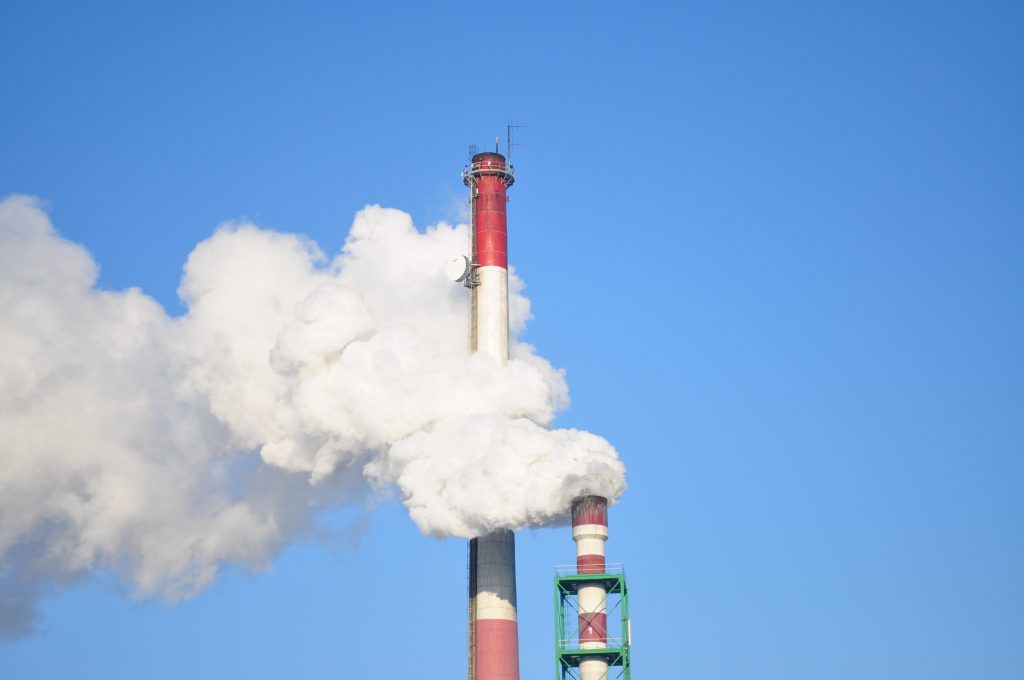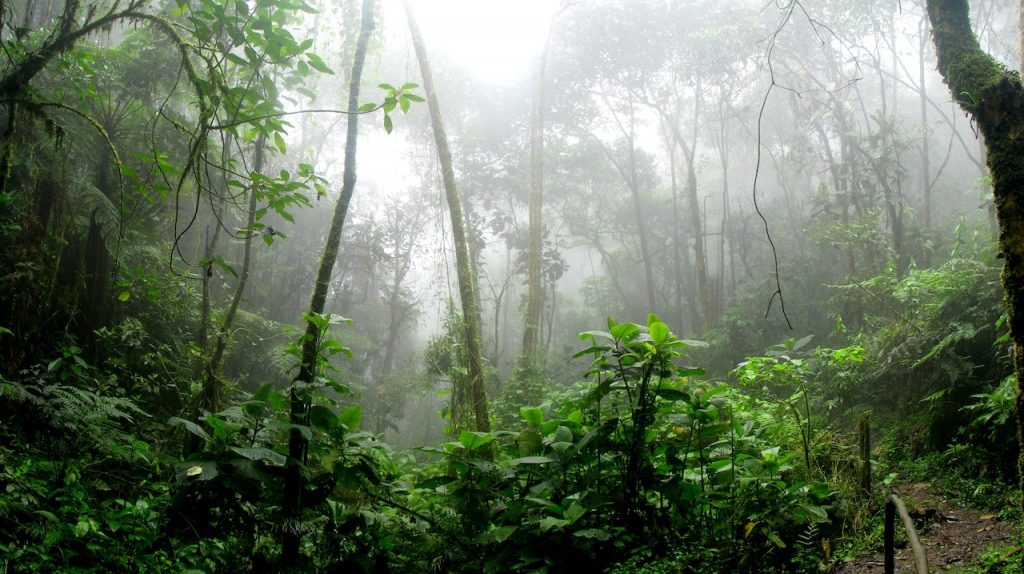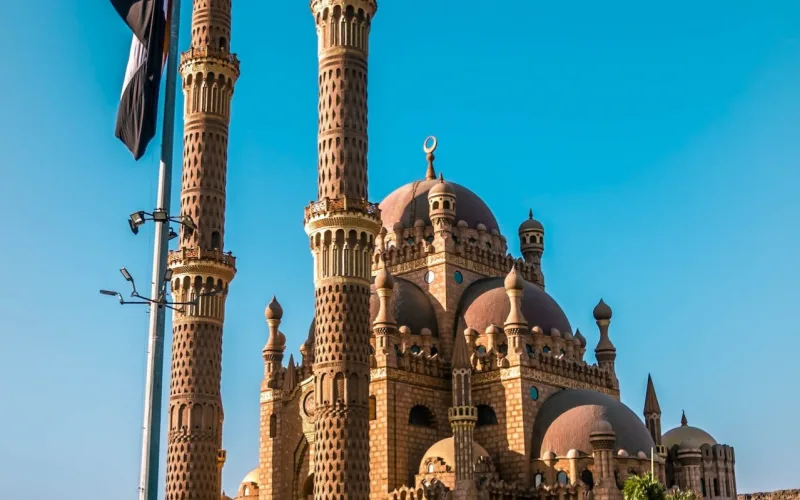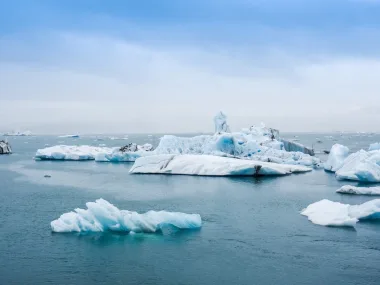Last Updated on June 1, 2023 by Ecologica Life
At this year’s UN climate summit, world leaders made appearances, corporate executives made proposals, and almost 200 countries bargained over the future of the planet. The conclusions of the two-week COP27 meeting in Egypt are listed below:
COP27 Agrees That on a Fund For “Climate Justice”
After years of opposition from wealthy governments, nations finally decided to establish a fund to compensate developing nations for “loss and damage” brought on by storms, floods, droughts, and wildfires that are caused by climate change.
It will probably take several years to iron out the finer points of how the fund will be operated. This will include how the money will be distributed and which nations are likely to be eligible. Despite this, it has been considered by some the biggest achievement since the Paris Agreement at COP 2015.
Fossil Fuel is Still Flowing

The final COP27 agreement has faced criticism for not doing enough to reduce emissions that harm the climate. This includes setting more ambitious national targets and reducing dependence on fossil fuels like coal, oil, and natural gas.
United Arab Emirates President Sheikh Mohammed bin Zayed al-Nahyan – host of next year’s COP28 climate summit – declared his nation would continue to supply oil and gas “for as long as the world is in need”.
There was a sharp U-turn on the language around fossil fuels at this year’s summit. There is now a mention of “low emission and renewable energy” in the agreement text. Given that gas emits fewer emissions than coal, this is thought to be a substantial loophole that could enable the development of further gas resources.
Within the next 5 years, there is a 50% possibility that we will pass the 1.5ºC temperature threshold relative to pre-industrial times. By 2031, we’ll probably have permanently surpassed it. This is a big problem for humanity and the planet.
But at COP27, the EU and other developed nations were attempting to keep the 1.5ºC commitment alive. Their efforts were ultimately in vain because the final agreement language omitted a mention of the phase-out of all fossil fuels. This was considered to be the next logical step on the decision to phase-down the usage of coal at COP26.
Faith in the 1.5ºC threshold has also become a key difference between the US, EU, other developed nations, and China, which is markedly less concerned about the goal. It is hoped that the next climate summit COP28 will finally see the phasing out of fossil fuels that we so desperately need.
COP27 Sees Big Announcements from Brazil

Crowds cheered as Luiz Inacio Lula da Silva proclaimed that “Brazil is back” in the global climate fight. He promised that the Amazon region would play home to COP30 in 2025. This was the leftist leader’s first international visit since defeating right-wing President Jair Bolsonaro in the country’s presidential election last month. Bolsonaro presided over the ongoing destruction of the Amazon rainforest and refused to host the 2019 climate summit that was originally scheduled for Brazil.
On Monday, Brazil also launched a partnership to work together on forest preservation, joining Indonesia and the Democratic Republic of the Congo in doing so. The trilateral partnership was created during ten years of intermittent discussions that persisted even as the countries’ national forest policies and leaderships changed. They are expected to press wealthy nations to pay for the protection of forests.
Rekindling of US and China Relations
Far from Egypt, a crucial precursor to the climate agreement took place. As the COP27 started its second week, Presidents Xi Jinping of China and Joe Biden of the United States met in Indonesia for G20. The two countries decided to resume their climate change collaboration after a lengthy pause brought on by tensions over Taiwan. This is an important development has China and the US are the two biggest emitters of greenhouse gases globally.

A Desperate Plea from Tuvalu to COP27
Last week Simon Kofe, the president of the pacific island nation Tuvalu sent an important message to the COP27 climate summit. Kofe is well known for sending impactful messages. During COP26 he addressed the conference standing in Knee-Deep water. The reason for these somewhat dramatic messages is that Tuvalu is already suffering from extreme environmental consequences. The island is simultaneously suffering drought and rising sea levels. During his message at COP27, Kofe proposed a plan to upload Tuvalu to the metaverse to preserve it. His message was clear, if we don’t take drastic climate action now, Tuvalu will be one of the first but not the last countries to face climate catastrophe.
What do you think about this article? Leave us a suggestion








